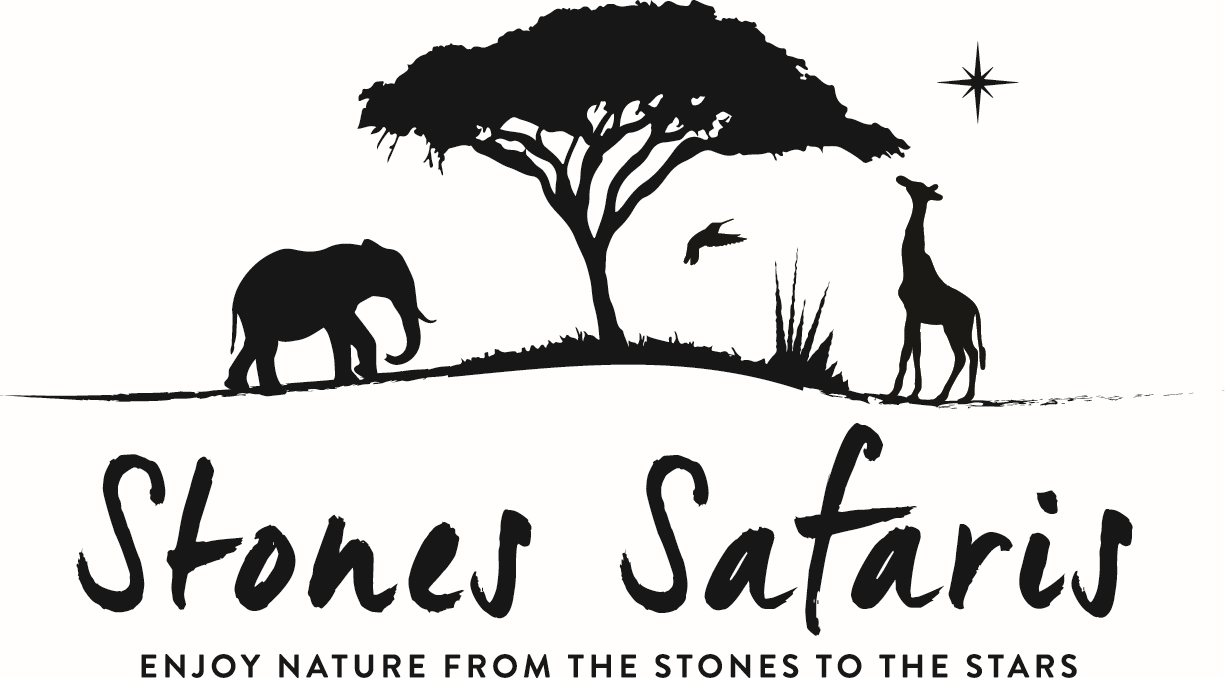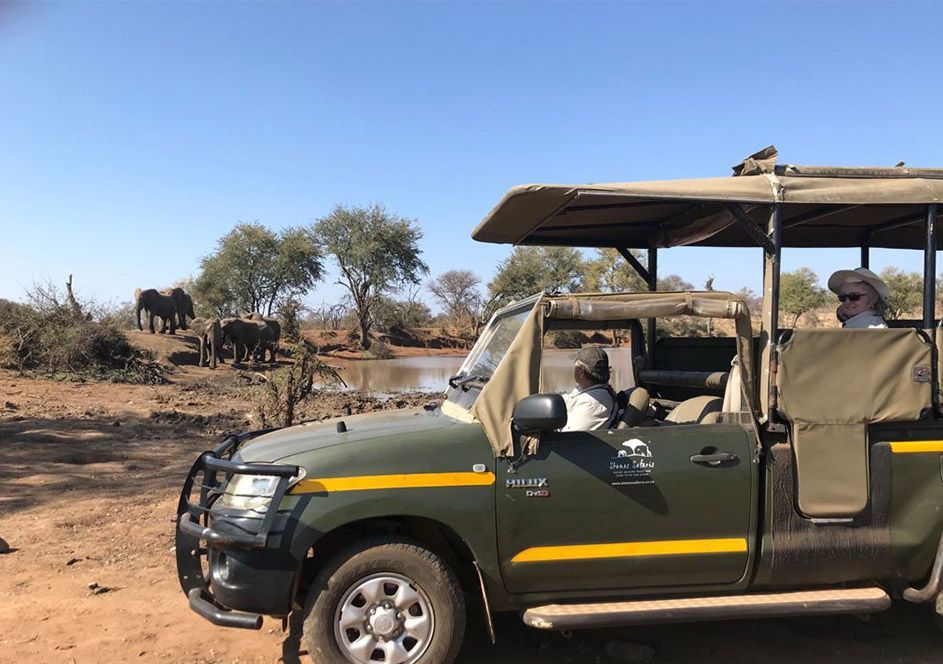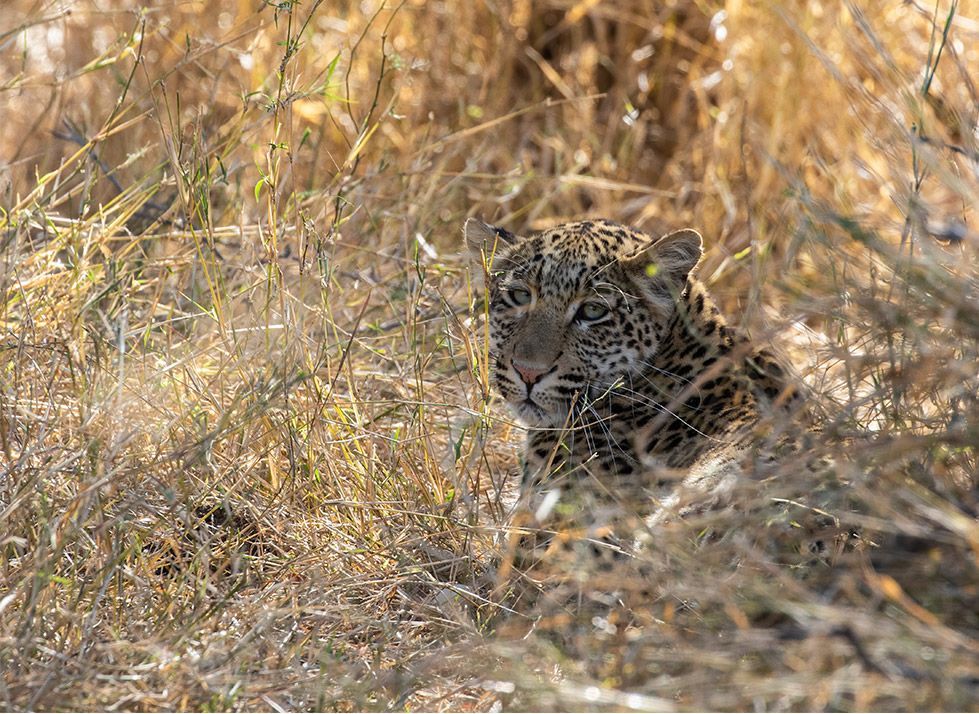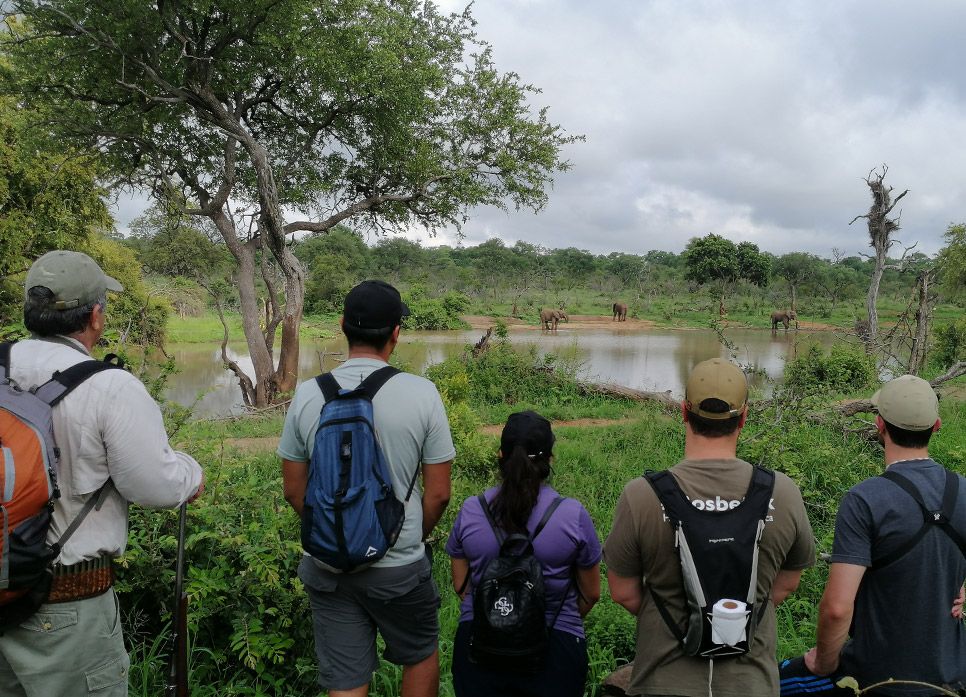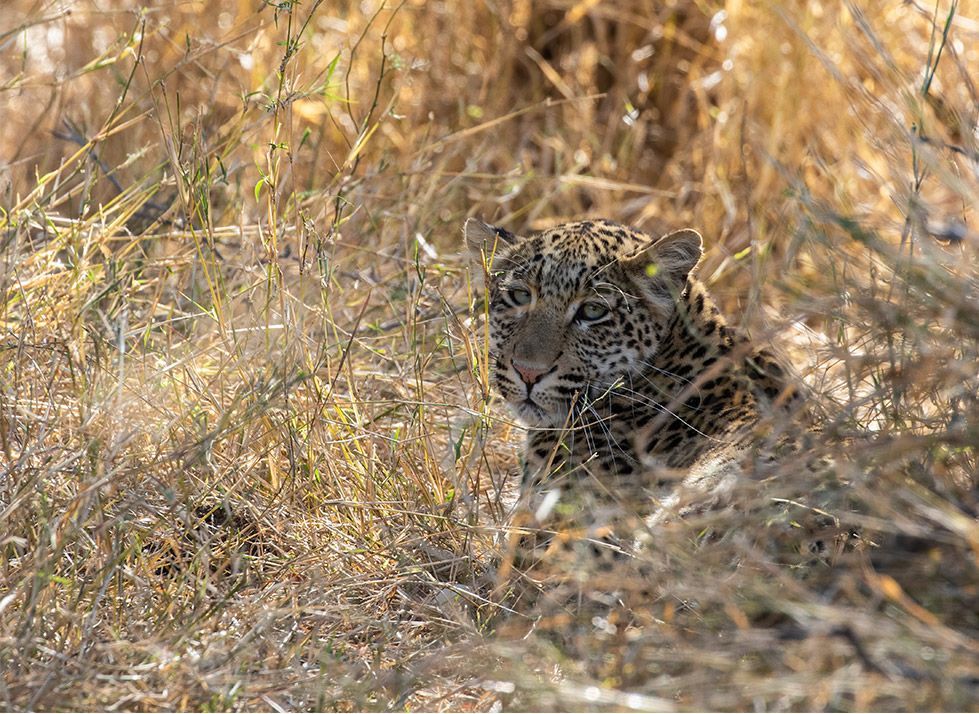Why Travelers Are Choosing Slow, Multi-Day Safari Adventures Over Quick Game Drives

From the Stones to the Stars
In a world where travel often feels rushed and transactional, a new movement is reshaping the way people experience Africa’s wild spaces. Welcome to the rise of the slow safari, an approach that prioritizes depth, connection, and sustainability over speed and checklists.
For travelers seeking to engage deeply with Kruger National Park and its surrounding wilderness, Stones Safaris’
Ultimate Bush Experience offers the perfect gateway. It’s not about racing between sightings, it’s about slowing down, walking quietly, and letting nature reveal itself at its own pace.
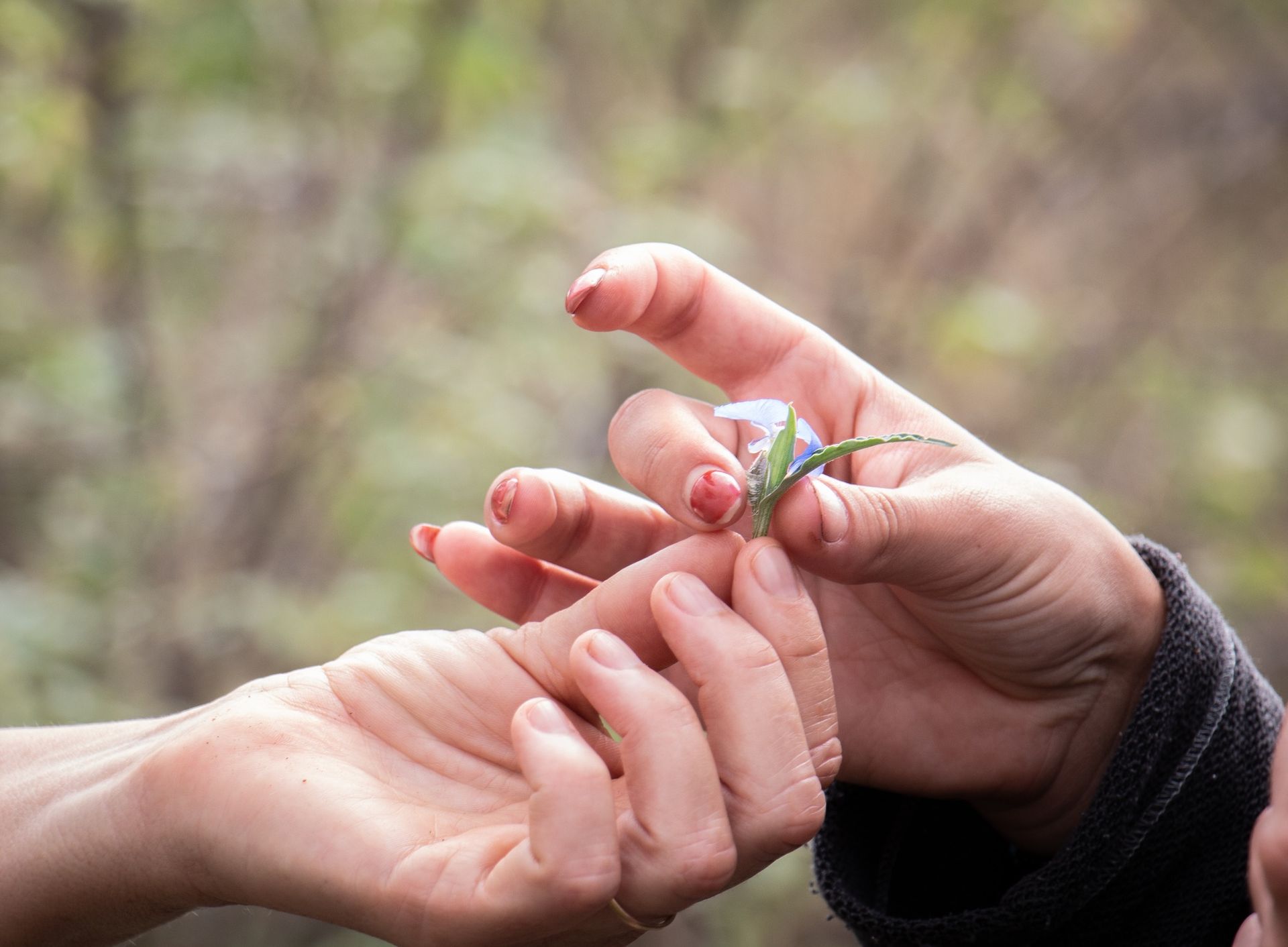
Key Takeaways on Why Slow Safaris Are the Future
- Slow safaris focus on immersion, sustainability, and meaningful experiences.
- Multi-day walking and game drive packages offer a balance of intimacy and breadth.
- Stones Safaris blends personal guiding with small-group intimacy.
- Families, couples, and adventurers benefit from more time to connect with nature.
The Rise of Slow Safari Travel
The slow safari trend reflects a broader shift in global travel: people no longer want to tick off bucket lists, they want experiences that linger in memory. In Kruger, this means stepping away from mass tourism and into safaris that allow time to breathe.
Stones Safaris has embraced this philosophy, curating packages that let you walk, drive, and sleep out under the stars, ensuring you leave with more than photographs, you leave with a story.
Ethical and Sustainable Benefits of Walking Safaris
Walking more and driving less has benefits far beyond the personal. It reduces vehicle impact, lessens environmental footprint, and creates quieter, less intrusive experiences for wildlife. Stones Safaris’ guides also use walks as a way to teach guests about conservation, from tracking elephants to understanding how small plants sustain big ecosystems.
This isn’t just travel. It’s a conscious choice to support sustainable safari experiences.
How Multi-Day Trips Enhance Wildlife Observation
Quick game drives offer fleeting glimpses. Multi-day safaris, however, allow travelers to settle into the rhythm of the bush. The longer you stay, the more patterns emerge: the nocturnal calls, the dawn migrations, the way predators and prey interact across landscapes.
With a mix of guided bushwalks and open vehicle game drives, the Ultimate Bush Experience provides both perspectives. You’ll see the small wonders on foot, insect tracks, medicinal plants, and the grandeur of big game across open plains.
Connecting with Culture: Wildlife Centers and Local Communities
Slow safaris also create space for meaningful cultural encounters. Many itineraries can include visits to wildlife rehabilitation centers or community-driven conservation projects. Families in particular find these moments invaluable, kids learn that safaris aren’t just about seeing animals but also about understanding our role in protecting them.
Planning for Depth: Tips for Smart Safari Packing and Prep
If you’re considering a multi-day, immersive bush experience, preparation is key:
- Pack light, but smart, neutral clothing, comfortable walking shoes, and layers.
- Bring binoculars and a journal, the details matter on walking safaris.
- Get fit beforehand, a little conditioning makes walks more enjoyable.
- Stay curious, the most rewarding safaris come from noticing the unexpected.
Ready for the Ultimate Bush Experience?
The slow safari isn’t just a trend; it’s the future of meaningful travel in Africa. Stones Safaris is leading the way with its Ultimate Bush Experience, blending the intimacy of walking safaris with the excitement of game drives, all wrapped in a philosophy of connection.
Explore more at
Stones Safaris, browse their
Safari Tours & Experiences, or
get in touch directly to begin planning a safari that moves at the only pace that matters, nature’s.
Enquiry Form
Frequently Asked Questions
What is "slow travel" in the context of safari?
It’s a safari style that emphasizes quality over quantity, less rushing, more immersion.
How does walking more benefit wildlife and ecosystems?
Fewer vehicles mean less disturbance, reduced emissions, and a quieter, more natural bush experience.
What should new travelers expect from a multi-day trip?
Expect small groups, expert guidance, close wildlife encounters, and a balance of walking and game drives.
Are slower safaris more sustainable?
Yes. They lower environmental impact and foster a deeper understanding of conservation.
How do I physically prepare for this type of safari?
Basic fitness is enough, regular walks, comfortable footwear, and a mindset open to adventure.
